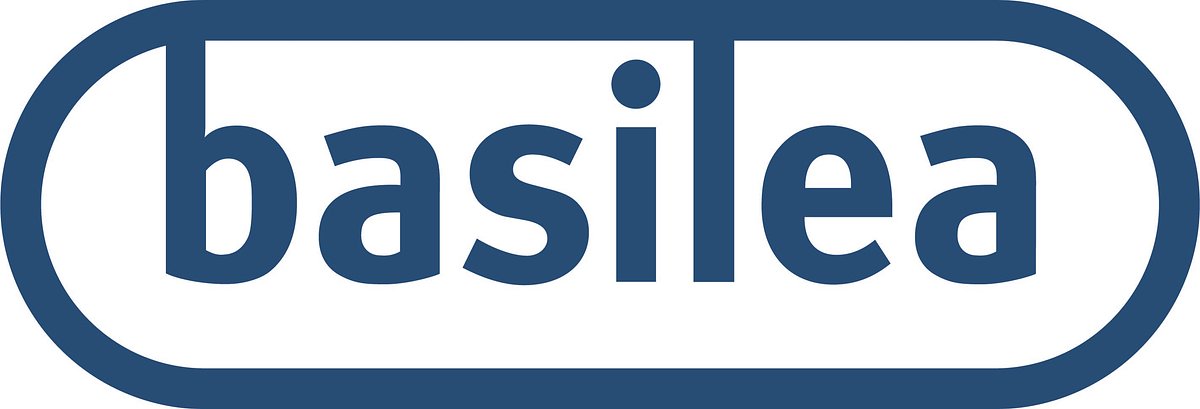
Cresemba Sales Surge Signals Shift in Fight Against Invasive Fungal Infections
A $30M milestone payment for Basilea’s Cresemba highlights growing demand for effective antifungals as resistance rises & infections become more prevalent. Is this a turning point for a neglected disease area?
Cresemba Sales Surge Signals Shift in Fight Against Invasive Fungal Infections
Allschwil, Switzerland – November 14, 2025 – A $30 million milestone payment triggered by strong European sales of the antifungal drug Cresemba (isavuconazole) is sending ripples through the pharmaceutical industry, signaling a potential shift in the often-overlooked field of antifungal treatments. The payment, made by licensing partner Pfizer to Basilea Pharmaceutica, reflects not only the growing commercial success of Cresemba but also a rising global need for effective therapies against increasingly resistant and prevalent fungal infections.
Basilea, a Swiss biopharmaceutical company, has focused on developing treatments for severe bacterial and fungal infections. Cresemba, now approved in over 70 countries, is gaining traction as a key weapon against life-threatening invasive aspergillosis and mucormycosis, infections that disproportionately affect immunocompromised patients. This recent milestone – triggered by robust sales performance in Europe – underscores the drug’s expanding market presence and validates Basilea’s strategic partnership with Pfizer.
A Growing Threat, a Neglected Space
For years, the development of new antifungal drugs has lagged behind that of antibacterial and antiviral therapies. This has left clinicians with limited options to combat the growing threat of invasive fungal infections, a problem exacerbated by the rise of antifungal resistance. According to the Centers for Disease Control and Prevention (CDC), fungal infections are becoming increasingly common, with a significant rise in cases among patients with weakened immune systems, including those undergoing cancer treatment or organ transplantation.
“There's a significant unmet need in the antifungal space,” explains one industry analyst, speaking anonymously. “The development pipeline has been relatively stagnant, and resistance is a growing concern. Drugs like Cresemba, with a broader spectrum of activity and a potentially improved safety profile, are becoming increasingly important.”
Cresemba differentiates itself from older antifungal drugs through its unique mechanism of action and favorable pharmacokinetics. While traditional azole antifungals can have significant side effects and drug interactions, Cresemba demonstrates a more manageable safety profile in clinical trials. This is a critical factor in improving patient outcomes and reducing the burden on healthcare systems.
Strategic Partnership Fuels Growth
The financial success of Cresemba is not solely attributable to the drug’s efficacy. The strategic partnership between Basilea and Pfizer has been instrumental in expanding the drug’s reach and accelerating its commercialization. The licensing agreement, which grants Pfizer exclusive rights to market and sell Cresemba in certain territories, has provided Basilea with a steady stream of revenue and allowed the company to focus on research and development.
“The collaboration with Pfizer has been a game-changer for us,” explains a source within Basilea, speaking on condition of anonymity. “Their global reach and commercial expertise have allowed us to bring Cresemba to patients who might not otherwise have access to it.”
The $30 million milestone payment represents a significant financial boost for Basilea, which can now reinvest in its pipeline and further explore innovative therapies for infectious diseases. Analysts predict that the partnership will continue to drive growth for both companies in the years to come.
Addressing the Challenge of Resistance
Despite the progress made with drugs like Cresemba, the challenge of antifungal resistance remains a significant concern. Fungi are adept at adapting and developing resistance to existing therapies, which underscores the need for continuous innovation and surveillance.
The World Health Organization (WHO) recently identified several fungal pathogens as critical priority pathogens, highlighting the urgent need for new antifungal agents and improved diagnostic tools. Developing new drugs is a costly and time-consuming process, but it is essential to stay ahead of the evolving threat of resistance.
“We need a multi-pronged approach to address antifungal resistance,” explains a clinical mycologist, speaking anonymously. “This includes developing new drugs, improving diagnostic tools, implementing antimicrobial stewardship programs, and educating healthcare professionals and the public.”
Looking Ahead
The $30 million milestone payment for Cresemba is more than just a financial transaction; it is a signal that the fight against invasive fungal infections is gaining momentum. With the growing prevalence of resistant strains and the increasing number of immunocompromised patients, the demand for effective antifungal therapies will only continue to rise.
Basilea’s partnership with Pfizer, coupled with the drug’s promising clinical profile, positions Cresemba as a key player in this evolving landscape. As the company continues to invest in research and development, it is poised to bring even more innovative therapies to patients in need. The coming years will be crucial in determining whether this renewed focus on antifungal innovation can effectively address the growing global challenge of invasive fungal infections and deliver better outcomes for patients worldwide.
While the specific financial details of the licensing agreement remain confidential, the $30 million milestone payment clearly demonstrates the commercial potential of Cresemba and the strategic value of the partnership between Basilea and Pfizer. As the fight against infectious diseases continues, collaborations like this will be essential in driving innovation and delivering better healthcare for all.
